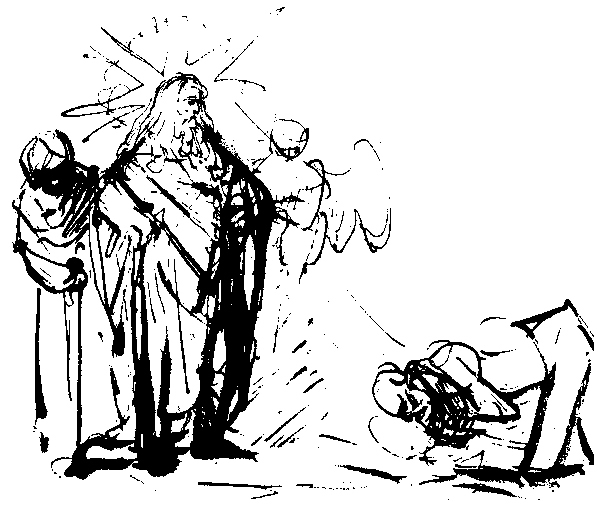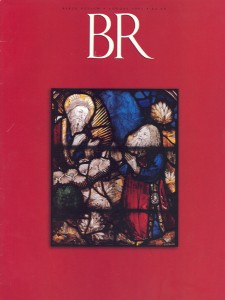
This article will offend some readers. It will jar many more. Why then are we publishing it? Because it makes us think. If we reject the author’s textual analysis, we should know why. In this way, it has the capacity to take us to a deeper level of meaning—our own meaning.
The author has a doctorate from Oxford, he is an established biblical scholar, and the article began as a well-received paper at a conference of biblical scholars. It is nothing if not provocative. Our aim is not to shield our readers, but to present them with a variety of scholarly approaches to the Bible, even those they may disagree with. The author’s interpretation may be rejected by our readers, but it is based on a careful, insightful reading of the text.
Besides, some readers may even find it convincing—not necessarily as the only way to understand the biblical narrative, but as another way to interpret it. One of the beauties of the Bible is that it can be interpreted in many ways, ways that are not necessarily mutually exclusive.
In this spirit we offer this article to our readers. We have no doubt, however, that this is only the beginning of the discussion, not the end. Indeed, in the next issue, we will publish another article on the Abraham cycle by a Baptist minister who looks at the same events from a very different perspective.—Ed.
Already a library member? Log in here.
Institution user? Log in with your IP address.

